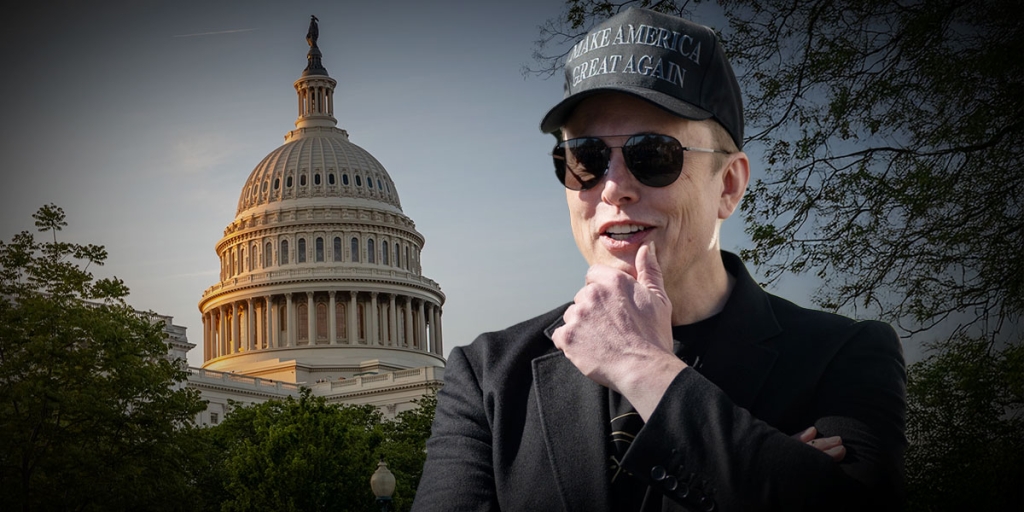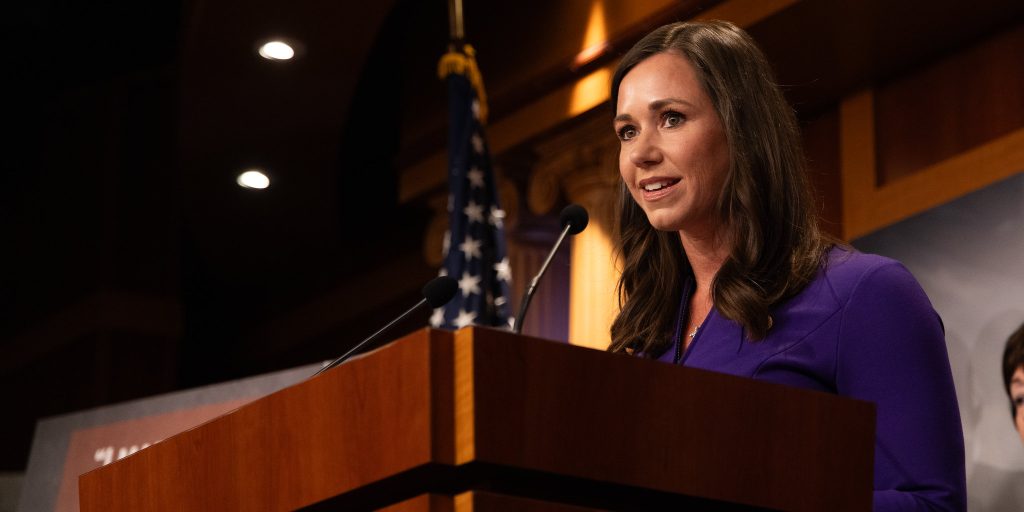The murder of United Healthcare CEO Brian Thompson and subsequent arrest of Luigi Mangione have provoked wide-ranging reactions. Sympathy for Mr. Thompson’s family and condemnation of a cold-blooded murder are normal, human responses. Elevating Mr. Mangione to folk hero status is disturbing and invites exploration of the anger toward American healthcare.
The murder of Mr. Thompson for being a healthcare executive evidences the rot afflicting America’s elite universities. Mr. Mangione studied computer science at Penn. His manifesto acknowledges that he had insufficient knowledge to diagnose the problems of American healthcare, but still knew that its executives deserve execution.
Before turning to frustrations, let’s recognize that for those who believe that healthcare is a human right, our system is highly immoral. Care is primarily available based on ability to pay, either directly or through insurance, and being unable to pay affects quality of life and life expectation. Beyond this, medical debt ruins many Americans while enriching many, including Mr. Thompson, who earned over $10 million annually.
Imagine an industry profiting from violating a fundamental human right like freedom. If corporations earned billions from legal slavery somewhere, many might justify violence against their executives.
I do not believe healthcare is a right. The inability to feasibly deliver all the healthcare demanded without charge demonstrates the fundamental flaw here. But dissatisfaction with healthcare is widespread as enthusiasm for Robert F. Kennedy Jr.’s plan to Make America Heathy Again illustrates.
Two fundamental economic concepts, scarcity and competition, explain much of this anger. America’s healthcare system does not disguise scarcity and suppresses competition.
We live in a world of scarcity. Goods and services must be produced using limited resources. Our wants and desires exceed our ability to satisfy them, leaving many unfulfilled. Rationing determines which wants go unmet.
All economic systems ration but do so differently. No one, from children with toys to the elderly with healthcare, likes being denied something. People will despise the rationing mechanism if they recognize it in action.
Most Americans rely on third party payment for major expenses, including healthcare, meaning that insurers ration medical care. Our system highlights this. A patient and doctor discuss treatments or drugs which neither will pay for. The doctor has an incentive to tell a patient about anything that might help. Ads also alert patients to new drugs.
America spends almost twenty percent of GDP on healthcare and yet public dialogue focuses on coverage insurers deny. Government-run health systems, by contrast, can choose not to provide certain treatments and instruct doctors to never inform patients.
Competition, a key force in markets, is suppressed in healthcare. Insurance is an amazing innovation, pooling resources to pay for major expenses voluntarily and sustainably. But in contrast with home, auto, or life insurance, the insured party rarely purchases health insurance (including Medicare and Medicaid).
Employers buy health insurance for many Americans, so the options details get tailored to their preferences. Healthcare providers arm wrestle insurers (including the government) over coverage. Patients’ preferences enter only indirectly. Consequently, coverage will differ from what Americans might choose for themselves.
Regulation further suppresses competition. Elected officials mandate coverage for certain conditions for regulatory approval. All policyholders share the costs of the dozens of mandates states on average impose.
Healthcare is not marketed like other goods. Patients do not receive pricing and insurance details when deciding on treatment. Medical authorities contend that cost should not affect medically appropriate treatment.
This sounds noble but works to patients’ detriment. Surprise billing rightly angers Americans and stems from no explicit pricing. Car buyers never get billed an extra $10,000 because the full price is set before purchase. Medicine’s special status also hides costly regulations, from limits on slots in medical schools to the prescription system for drugs.
America has a quasi-market healthcare system. Our system features much excellence, especially in medical research and advanced treatments. Frustrations result from a for-profit system suppressing competition. A more consistent embrace of market principles may defuse the anger with American healthcare.
Daniel Sutter is the Charles G. Koch Professor of Economics with the Manuel H. Johnson Center for Political Economy at Troy University and host of Econversations on TrojanVision. The opinions expressed in this column are the author’s and do not necessarily reflect the views of Troy University.













